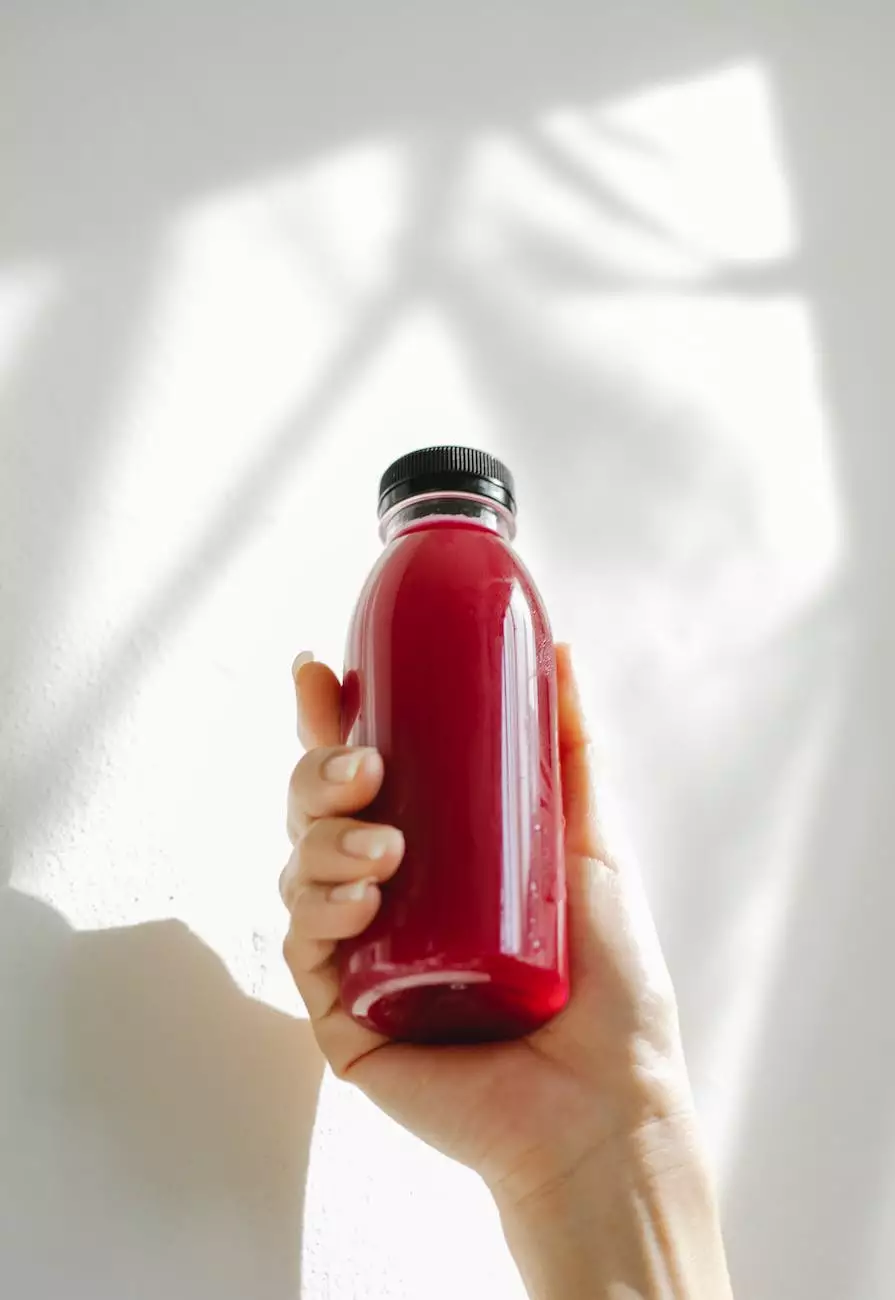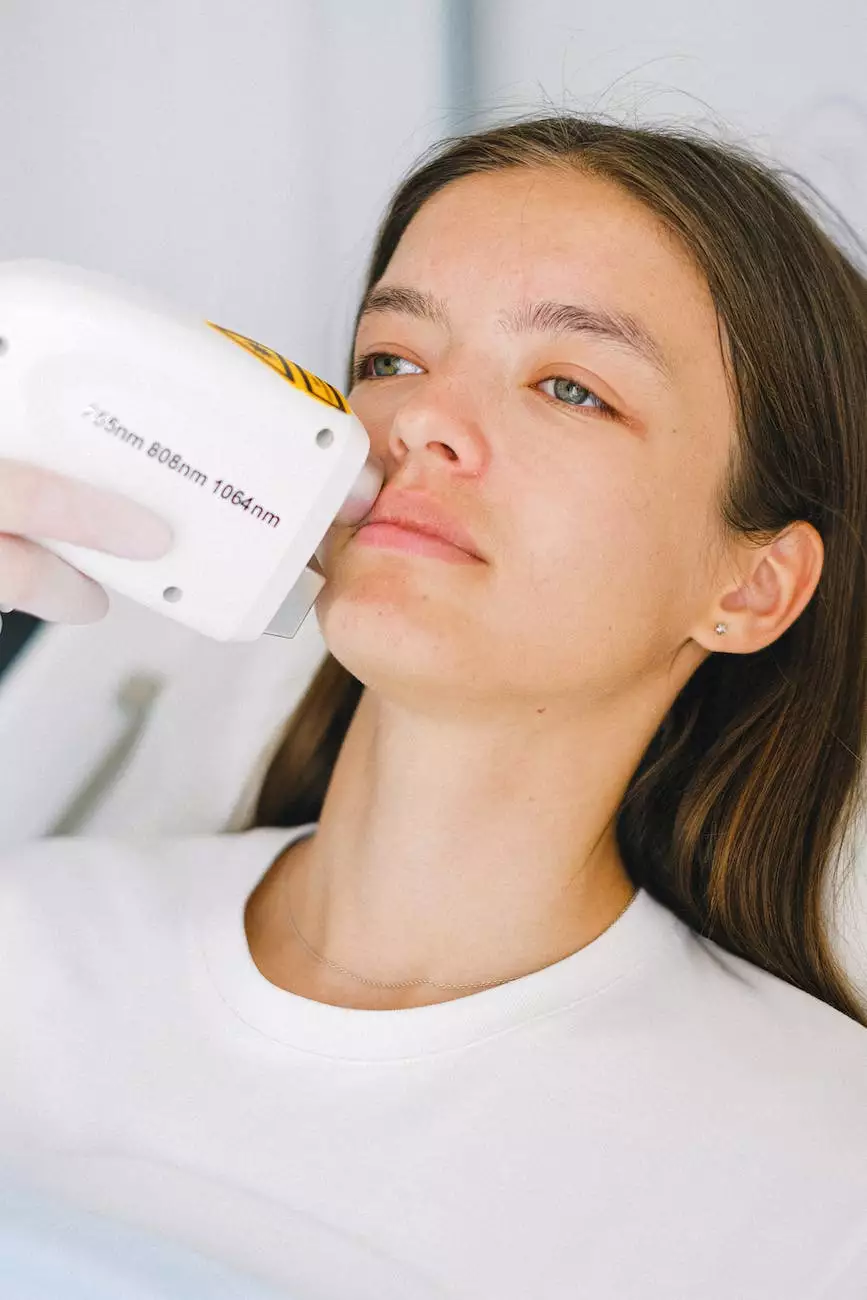Sugary Beverages and Low T in Younger Men—Science Says ...
Health
Welcome to CHI St. Luke’s Health - Performance Medicine, where we dive deep into the world of health and well-being. In this article, we will explore the fascinating topic of sugary beverages and their potential impact on low testosterone levels in younger men.
Understanding the Connection
Recent scientific studies have shed light on the relationship between high sugar consumption, particularly from sugary beverages, and low testosterone levels in younger men. Testosterone, the primary male sex hormone, plays a crucial role in various aspects of health, including muscle mass, bone density, mood, and sexual function.
Research suggests that excessive sugar intake can disrupt hormonal balance, leading to decreased testosterone production. High sugar consumption causes a spike in insulin levels, which in turn suppresses the production of testosterone. Additionally, sugar can contribute to weight gain and obesity, both of which are known to negatively impact testosterone levels.
The Science Behind It
Let's delve deeper into the scientific mechanisms that link sugary beverages to low testosterone:
Insulin Resistance
Regular consumption of sugary beverages can lead to insulin resistance, a condition in which the body's cells become less responsive to insulin. This can result in elevated insulin levels and decreased production of testosterone. Insulin resistance is not only linked to low testosterone but also carries a higher risk of developing diabetes and cardiovascular diseases.
Hormonal Disruption
Sugary beverages, such as sodas, energy drinks, and fruit juices, often contain high-fructose corn syrup and other artificial sweeteners. These ingredients can disrupt hormonal balance and interfere with testosterone production. Moreover, excessive sugar consumption can increase the production of estrogen, a hormone typically associated with females, further exacerbating the issue.
Effects and Symptoms
The consequences of low testosterone levels due to sugary beverage consumption can manifest in various ways. Some common effects and symptoms include:
- Decreased muscle mass and strength
- Reduced bone density
- Increased body fat
- Lower energy levels and chronic fatigue
- Mood changes, including irritability and depression
- Loss of libido and sexual dysfunction
It is important to note that these symptoms can greatly affect a man's quality of life and overall well-being. Recognizing the connection between sugary beverages and low testosterone is crucial for taking proactive steps towards better health.
Taking Control of Your Health
Fortunately, CHI St. Luke’s Health - Performance Medicine is here to guide and support you on your journey to optimal health. Our team of experienced professionals specializes in men's health and offers comprehensive solutions to address low testosterone and related issues.
At CHI St. Luke’s Health - Performance Medicine, we prioritize personalized care and evidence-based treatment approaches. By adopting a holistic approach, we address not only the symptoms but also the root causes of low testosterone, including lifestyle factors like sugary beverage consumption.
Prevention and Treatment
Prevention is key when it comes to maintaining healthy testosterone levels and overall well-being. Limiting your intake of sugary beverages is a crucial step in this process. Gradually reducing your consumption and replacing sugary drinks with healthier alternatives, such as water, herbal tea, or freshly squeezed juices, can have a positive impact on your hormone balance.
If you are experiencing symptoms of low testosterone or have concerns about your hormonal health, our team at CHI St. Luke’s Health - Performance Medicine is here to help. We offer a range of diagnostic services and personalized treatment plans tailored to your unique needs.
Hormone Replacement Therapy
In cases where testosterone levels are significantly low, hormone replacement therapy (HRT) may be recommended. This approach involves replacing testosterone through various methods, such as injections, patches, or gels, under the supervision of our skilled medical professionals.
Our experts will conduct a thorough evaluation to determine the most suitable HRT approach and dosage for you, focusing on optimizing your testosterone levels while considering potential risks and benefits.
Conclusion
The impact of sugary beverages on low testosterone levels in younger men is a growing concern backed by scientific evidence. Understanding the connection and taking proactive steps towards a healthier lifestyle can significantly enhance your overall well-being.
CHI St. Luke’s Health - Performance Medicine strives to empower and educate individuals about their health, providing the tools and support needed to make informed decisions. Together, we can navigate the complexities of maintaining hormonal balance and achieve your health goals.




